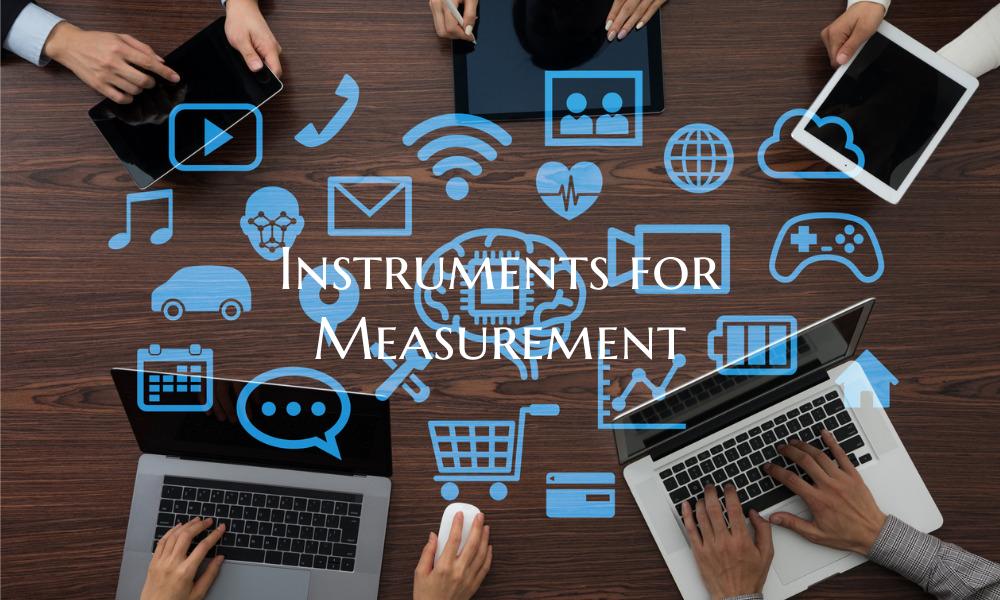Instruments for Measurement
Instruments for measurement play a crucial role in a wide range of industries and disciplines, facilitating accurate and precise quantification of various parameters. These tools are indispensable for scientists, engineers, researchers, and professionals across numerous fields, enabling them to gather data, monitor processes, conduct experiments, and make informed decisions based on reliable measurements.
One of the key characteristics of instruments for measurement is their ability to provide quantitative data. By using different types of instruments, such as rulers, thermometers, scales, and voltmeters, individuals can quantify physical quantities such as length, temperature, mass, and electrical current. This quantitative data is essential for assessing performance, ensuring quality control, and verifying the effectiveness of processes and systems.
In the field of science, instruments for measurement are used extensively to conduct experiments, collect data, and validate theories. Scientists rely on instruments like spectrometers, oscilloscopes, and chromatographs to analyze samples, observe phenomena, and measure various properties such as light intensity, electrical signals, and chemical compositions. These measurements are fundamental to advancing scientific knowledge and developing innovative technologies.
In engineering and manufacturing, instruments for measurement are essential for ensuring product quality, maintaining safety standards, and optimizing processes. Engineers use instruments like calipers, micrometers, pressure gauges, and force sensors to assess dimensional accuracy, monitor pressures, and evaluate mechanical properties. By employing precise measurement tools, engineers can design robust structures, efficient systems, and reliable components that meet or exceed industry standards.
In the healthcare industry, instruments for measurement are critical for diagnosing conditions, monitoring patient health, and assessing treatment outcomes. Medical professionals utilize devices such as blood pressure monitors, stethoscopes, pulse oximeters, and imaging equipment to measure vital signs, identify abnormalities, and track the progress of therapies. Accurate measurements obtained from these instruments are essential for delivering effective care and improving patient outcomes.
Overall, instruments for measurement are indispensable tools that support various endeavors across different fields. Whether in scientific research, engineering practices, healthcare settings, or industrial operations, the ability to obtain reliable measurements is essential for achieving precision, accuracy, and efficiency. By utilizing the appropriate instruments for measurement, professionals can enhance their work, make informed decisions, and drive progress in their respective domains.

